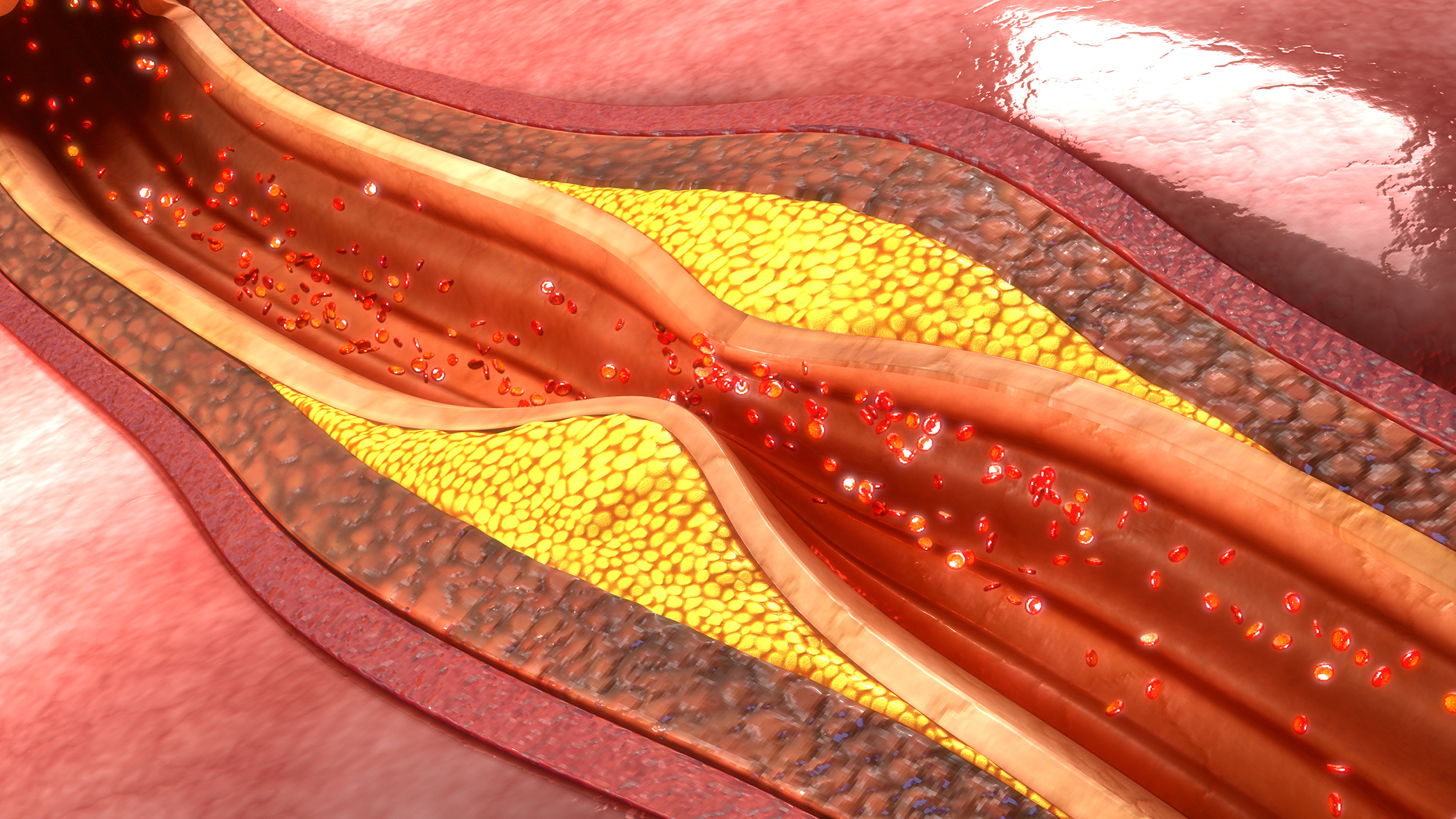Coronary heart disease (CHD) is one of the most common heart diseases worldwide and is currently grouped into two syndromes: acute coronary syndrome (ACS) and chronic coronary syndrome (CCS). Following revascularization, patients with ACS and CCS are usually treated in the medium and long term by both general practitioners and cardiologists. The current guidelines of the European Society of Cardiology (ESC) emphasize that the assessment of the individual ischemia and bleeding risk is an important basis for the choice of an adequate antithrombotic strategy.
Autoren
- Mirjam Peter, M.Sc.
Publikation
- HAUSARZT PRAXIS
Related Topics
You May Also Like
- Patient-centered rounds in medicine
Aligning care with the patient
- Restless legs syndrome in children
Relationship between restless legs syndrome and growing pains
- Between hope and evidence gaps
Tinnitus and phytotherapy
- Case Report
17-year-old patient with acne fulminans
- Oncology
Study updates from the ESMO Congress
- High-dose influenza vaccine
Lower hospitalization rates – even with heart failure
- From statins to metformin
Preventive pharmacology and longevity
- Important basics and studies on cancer and the psyche











